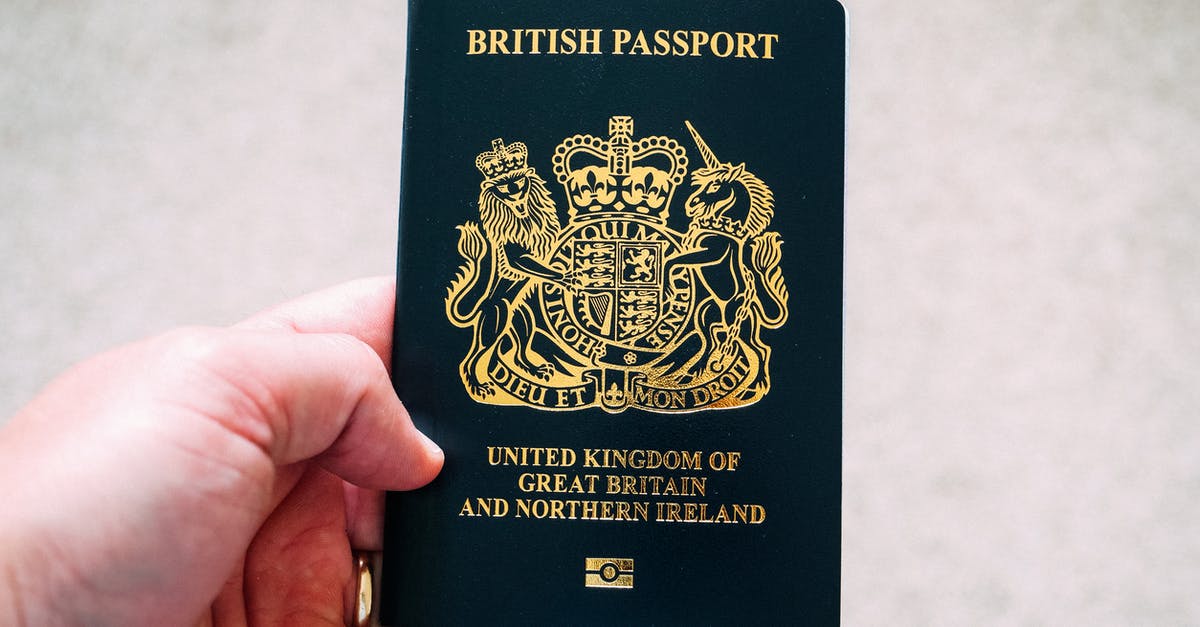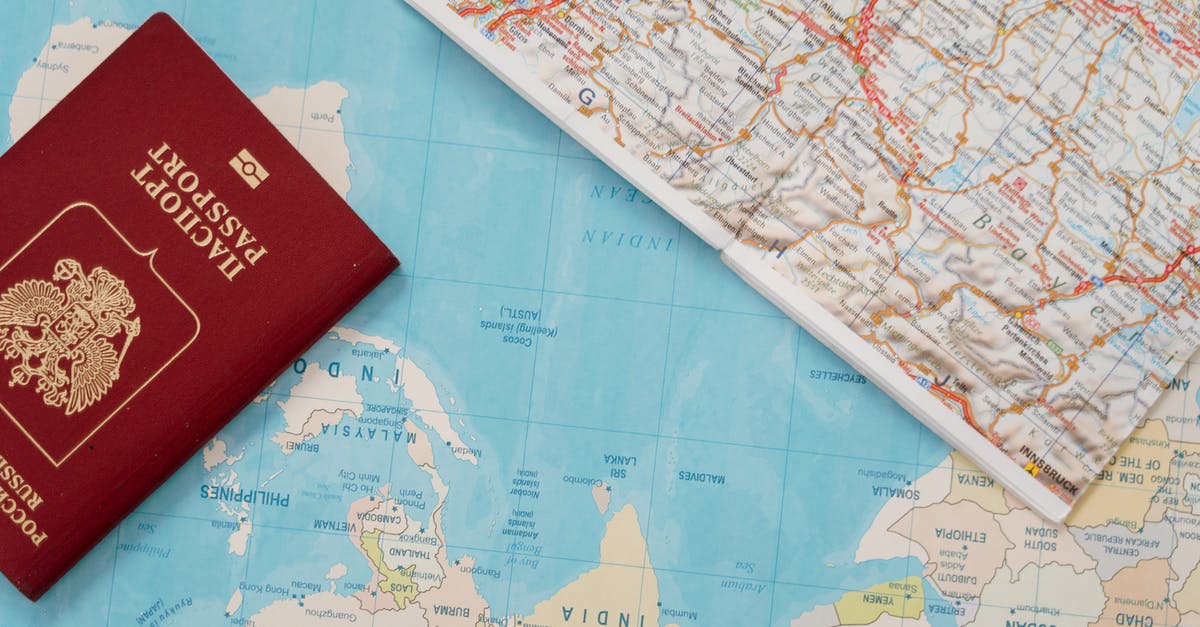Dual citizen, traveling between citizenship countries, airlines and APIS?

This has been somewhat discussed in a couple of other threads, but I didn't see exactly how airlines and countries are handling APIS information in the case of a dual national traveling between the two countries of their citizenships. The concern is that traveling from Country "A" (which does NOT accept dual nationality), checking in with the airline with country "B"'s passport (the destination country, which doesn't care about dual nationality), the airline might share the check-in data with the departure country via APIS. Concrete example: Spanish-US dual national. Spain does not accept this dual nationality. The US doesn't care. Check in with an EU airline for a flight Spain-US. The "easy" thing to do (so that the airline has no doubt that the passenger has landing rights in the US, without a visa or ESTA) would be to check in with the US passport. (And then show the Spanish passport at Spain's exit passport control checkpoint). But, will the airline send APIS data to Spain (the country from which the flight departs)? .. in which case there's some risk that Spain (which doesn't accept dual nationality) might get a bit upset (if it realized that this one physical person has two different passport identities).
On the other hand, the passenger could check in for the flight from Spain to the US using their Spanish passport, and then show the airline check-in staff (surely they'd be unable to use the kiosks and online check-in) their US passport, so that the airline would be satisfied about landing rights. IFF the airline sent APIS data to Spain, then Spain would just see a Spanish citizen flying out of Spain - no problem. The US would get APIS data about an arriving Spanish citizen, which might result in a question at US immigration, but as the US doesn't object to this, it shouldn't be a big deal. (It might, however, prevent using the self-service kiosks and Global Entry, which would be an unwelcome pain).
So, does the ever-more-common APIS (all the countries these days want all the information they can gobble, from everywhere, as early as possible) create any new complexities for dual nationals traveling between a country of their nationality which does not accept dual nationality, and the other country of their nationality?
What is the most convenient (still able to use automated check-in and especially immigration/ US Global Entry kiosks) strategy of which passport to use when, while ensuring that the country of citizenship which does not accept dual nationality doesn't get upset?
thanks.
Best Answer
I don't think you will be allowed to board a flight to the US with your Spanish passport on file and without ESTA or visa: the info will be sent to CBP and they will return "DON'T BOARD". The airline will have to update your API info before boarding with your US passport for you to be cleared to board. They can't just see your US passport and let you board (as would happen for other countries which don't use API-like procedures or countries which only receive it as information rather than to trigger a board/don't board response).
In EU countries where you are protected by GDPR, you should be able to get the information from the airline on how they will handle your data and who they will share it with. However I fear it might be a somewhat vague "authorities which require it" which doesn't state whether it's the origin or destination country or both. In many cases (especially countries without exit checks such as the UK or the US), they will share it with the departing country (though I'm unsure as to what exact data they share).
If you really want to be sure they don't find out, your only option is to travel via a third country.
Note that there are a lot of exceptions which allow dual citizenship for Spanish citizens (depending on how you got each citizenship). You might be worrying unnecessarily. And even if in your case it's actually not allowed, it might be interesting to check what the penalties could be and especially if it's actually enforced. Many countries which in theory don't accept dual citizenship don't actually enforce it.
Pictures about "Dual citizen, traveling between citizenship countries, airlines and APIS?"



Can I travel if I have dual citizenship?
U.S. nationals, including dual nationals, must use a U.S. passport to enter and leave the United States. Dual nationals may also be required by the foreign country to use its passport to enter and leave that country.Can dual citizens use both passports?
As a dual citizen, you are allowed to carry passports from both countries. For example, if you are a U.S. citizen and also a citizen of New Zealand, you can travel more easily between these two countries.Can you fly in and out of a country on different passports?
You can use whichever passport is more convenient for leaving country A, and whichever passport is more convenient for arriving in country B. They do not have to be the same passport. But you must enter and leave a country on the same passport.Do I need Etias if I have dual citizenship?
American citizens with dual citizenship can obtain ETIAS, unless they are holders of a European passport (of a Schengen member country), in which case, they will not be required to have a valid ETIAS upon arrival in Europe. It should be noted that Ireland and the United Kingdom are not part of the ETIAS program.Traveling with two passports - I almost got arrested | Jure Sanguinis Italian Dual Citizenship
Sources: Stack Exchange - This article follows the attribution requirements of Stack Exchange and is licensed under CC BY-SA 3.0.
Images: Ethan Wilkinson, Josh Sorenson, Tima Miroshnichenko, Maurício Eugênio
